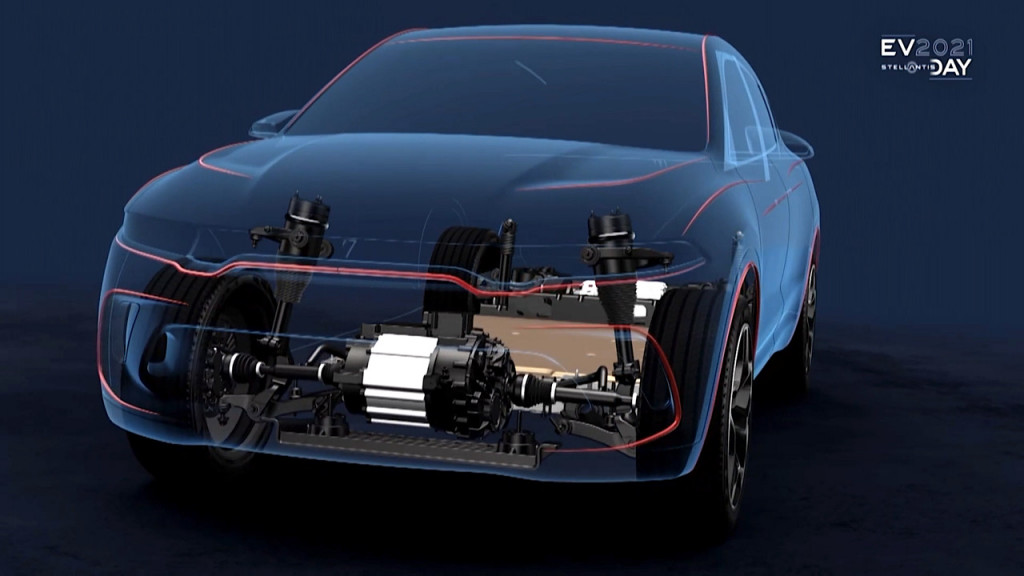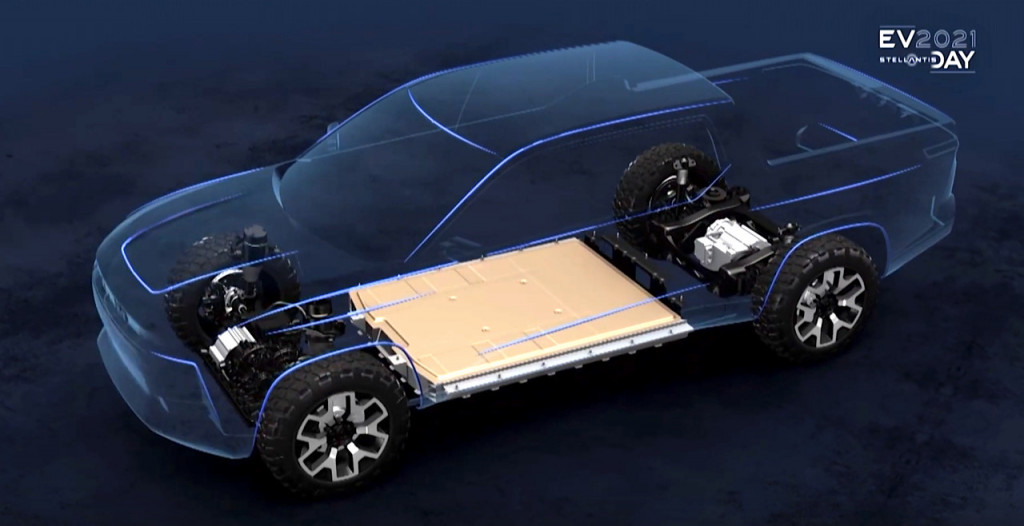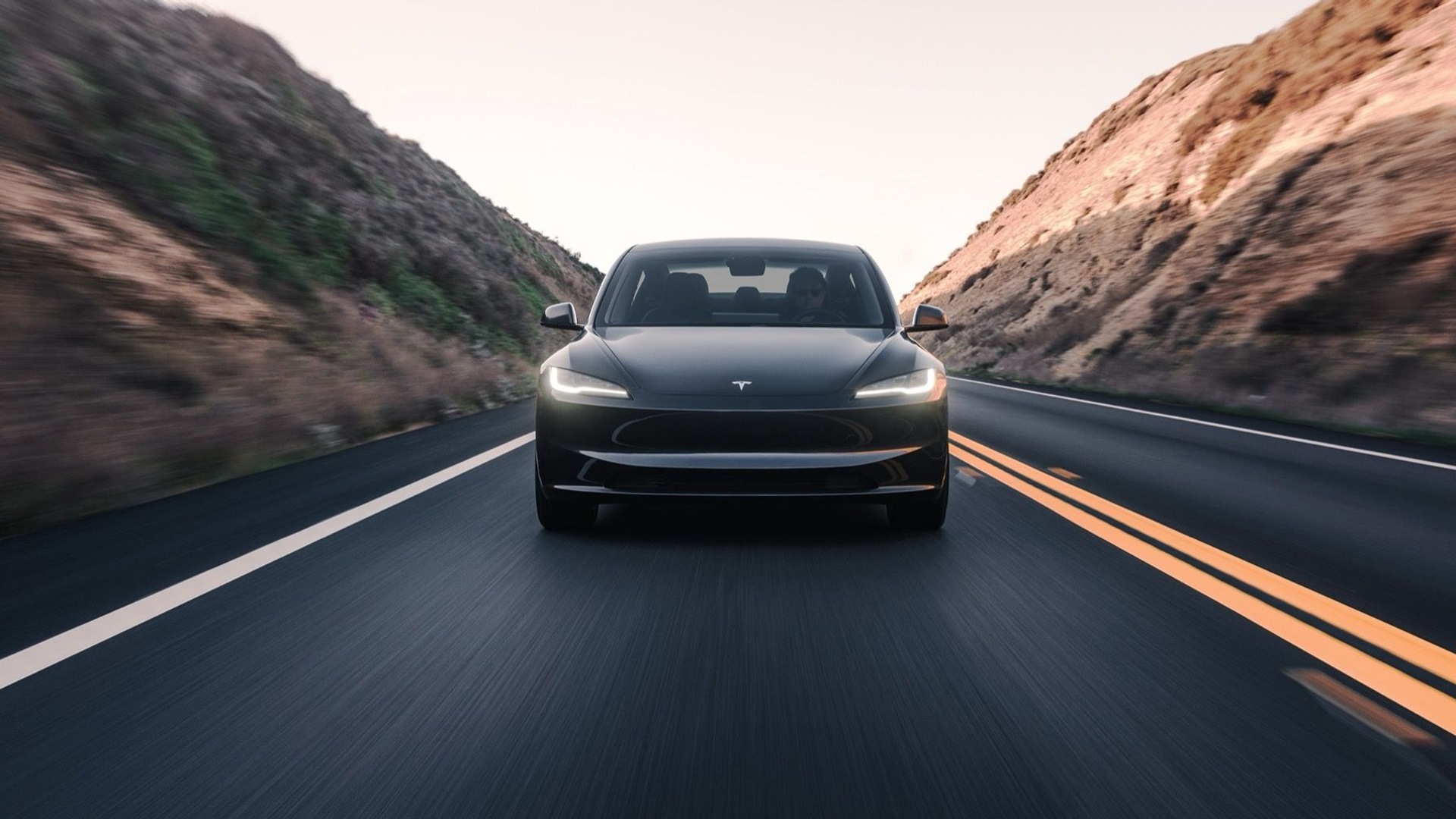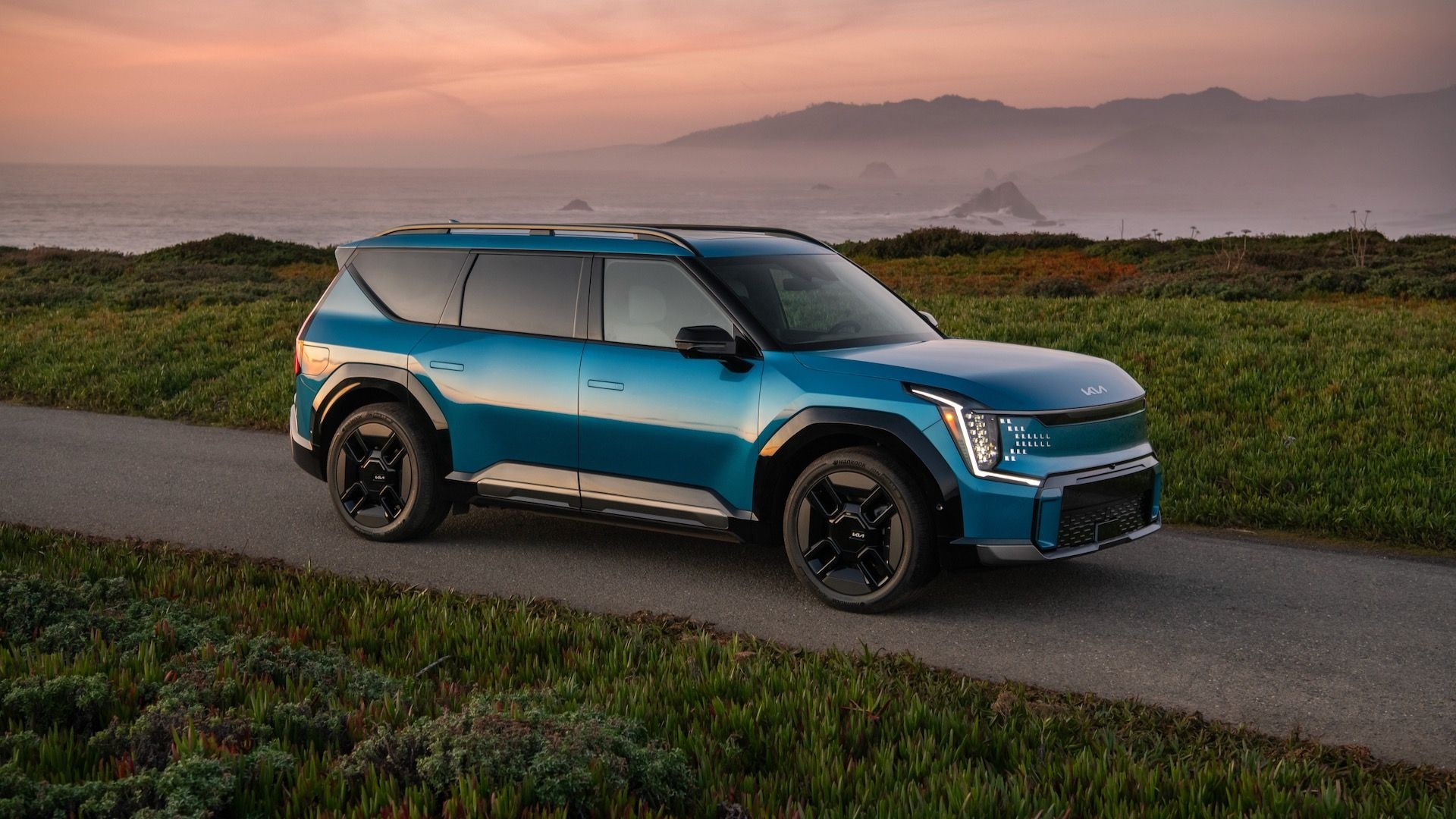The added cost of manufacturing electric cars is "beyond the limits" for what the auto industry can sustain, Stellantis CEO Carlos Tavares said in an interview with Reuters published Wednesday.
EVs bring 50% additional cost over internal-combustion vehicles, Tavares said, adding that there is "no way" that added cost could be transferred to consumers in the form of higher prices, because it would make new cars unaffordable for a large swath of the buying public.
Automakers could charge higher prices and sell fewer cars, or accept lower profit margins, both of which would lead to job cuts, Tavares said.

Dodge EV muscle car and platform - 2021 Stellantis EV Day
Despite this bleak description from the head of one of the largest established automakers, Tesla and Rivian have enjoyed high market valuations, Reuters noted. While Tesla aspires to become a true mass-market automaker, the business models of both companies are currently based on selling relatively small numbers of vehicles with premium pricing, and promising future growth to investors.
Industry analysts have predicted a steady decrease in EV prices thanks to falling battery costs, but a recent report from Bloomberg New Energy Finance (BNEF) could reverse that trend. BNEF predicts battery prices could rise in 2022 due to supply chain issues.

Ram 1500 BEV and platform - 2021 Stellantis EV Day
Stellantis was the product of a merger between the Italian-American Fiat Chrysler Automobiles (FCA) and France's PSA Group. While FCA relied on Tesla emissions credits, the former PSA wing of the business has done enough with EVs that Stellantis reportedly won't have to.
Even as Tavares complains about costs, Stellantis is moving to electrify the former FCA brands. A fully electric Ram 1500 pickup and Dodge muscle car are both due by 2024. Stellantis is also developing its own dedicated EV platforms and propulsion systems.
Along with Mercedes-Benz, Stellantis is also investing in Factorial Energy for solid-state battery tech, which might start being offered in some niche models toward the end of the decade.












